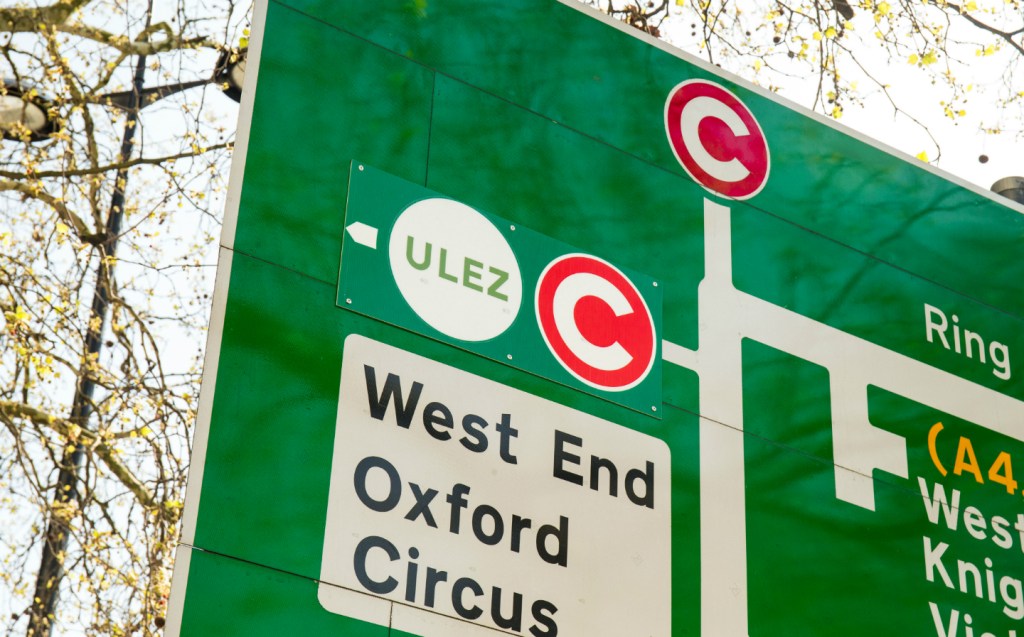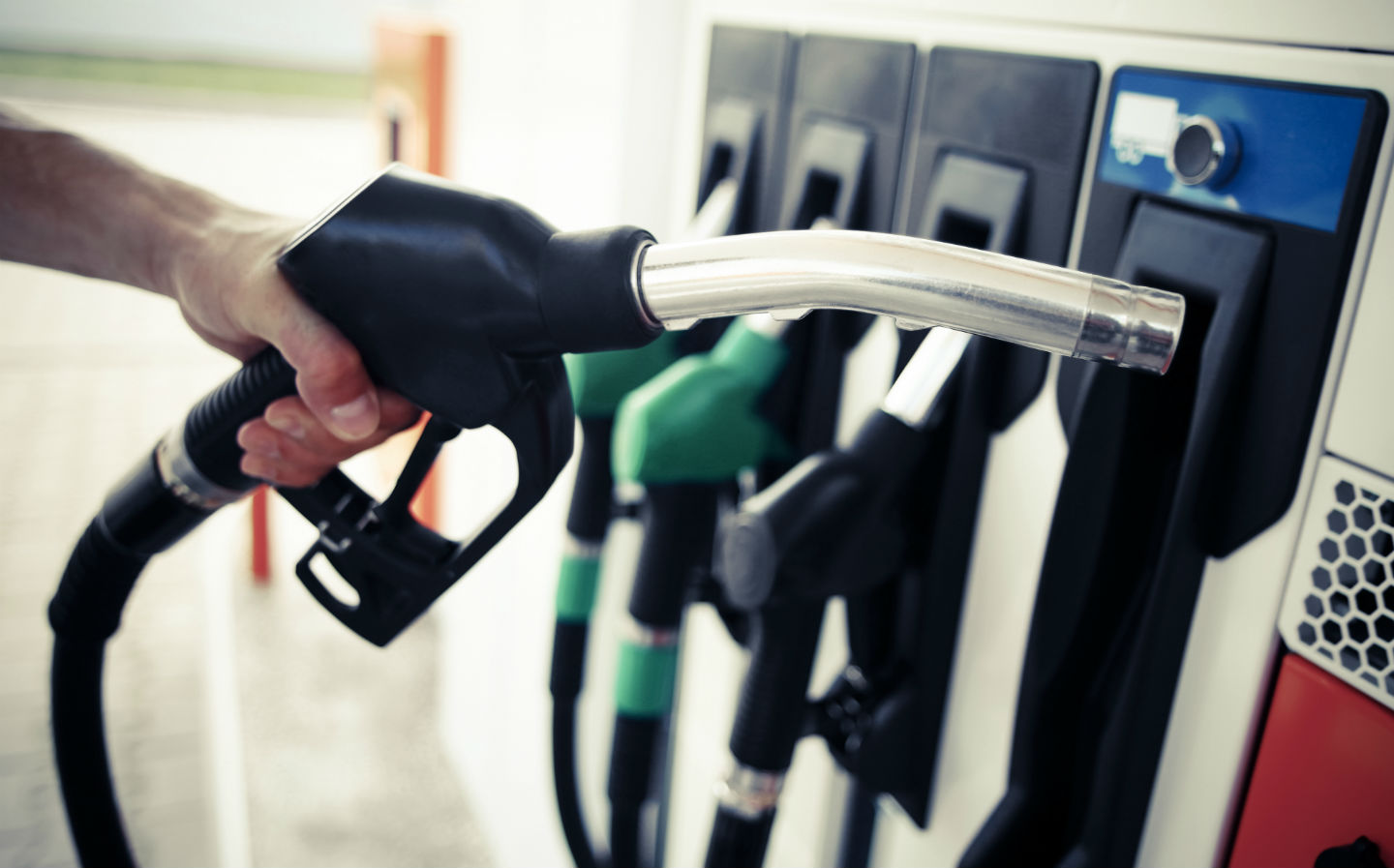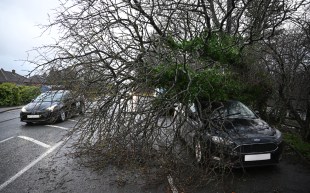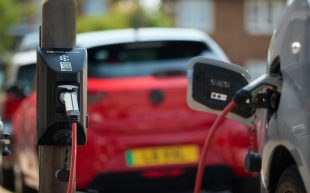Should I buy a diesel car in 2022?
They may be the best fit for you, but would buying one right now be a mistake?
The last few years have not been kind to diesel engines. Once lauded and incentivised as a way to reduce carbon dioxide emissions and thereby slow the rate of climate change, they are now motor non grata because of the other harmful pollutants they can pump out of the exhaust, namely nitrogen oxides and particulate matter, which are proven to be damaging to our lungs and other organs.
Their pariah status really began in 2015, when it became clear that some car manufacturers were using cheat devices to subvert emissions tests — a scandal known as Dieselgate, in which the Volkswagen Group was the most notable culprit. What it meant was that diesel vehicles weren’t as clean in the real world as consumers and governments had been led to believe, and so a political clampdown on the fuel became turbocharged.
First came an increase in the first-year vehicle excise duty payable on diesel cars, alongside a rise in the company car tax rate.
Other events in the meantime further went to highlight the dangers of air pollution, all accompanied by news reports featuring stock photos and footage of exhausts belching out black fumes, which only went to cement the (undeniable) idea of the relationship between diesel and harmful air pollution in the public mind.
A report by the World Health Organisation (WHO) found that air pollution causes seven million deaths a year worldwide and the Royal College of Physicians concluded that traffic fumes are contributing to the early deaths of an estimated 40,000 people in the UK.
In December 2020, a coroner ruled that air pollution made a “material contribution” to the death of nine-year old Ella Kissi-Debrah — it was a landmark ruling that for the first time listed air pollution as a cause of death.
Then came further disincentives against diesel; in recent years we’ve seen the establishment of low-emissions zones in towns and cities, which charge daily fees to drivers of older diesel vehicles, while the government’s announcement of a ban on the sale of new petrol and diesel cars by 2030 has also contributed to an enormous decline in diesel car sales.
In 2012, diesel cars outsold petrol but in 2021, just 135,773 diesels were registered, compared with 762,103 fuelled by petrol. Sales of diesel plummeted 48.1% last year alone.
Diesel car sales are now eclipsed by those of hybrid and pure-electric vehicles, even.
This has prompted questions from a lot of diesel owners as to whether they should abandon their cars in favour of hybrid or electric models and, even if they do so, will their old car be worth anything in a rapidly changing marketplace?
Thankfully for fans of the oil burner, although diesel may be in the autumn of its years, it does still have a few things in its favour.
Why you might still want to buy a diesel car
The main thing that diesel has going for it is the reason it was so highly praised in the first place — its relatively high fuel economy compared with petrol, and lower CO2 emissions, particularly over long distances.
If a driver covers a lot of motorway miles every year, a diesel may make more financial sense despite a higher initial cost and higher prices per litre at the pumps.

For a large, heavy vehicle such as an MPV or SUV, the greater torque (twisting force) of diesel fuel makes it more suitable than petrol, and ideal for towing or off-roading.
Though rural drivers may not be unduly affected by low-emissions zones in urban areas, the latest diesel models (i.e. those that are Euro 6 emissions regulations compliant) are generally exempt from the city-centre bans and charges that affect older, more highly-polluting diesels. At present, anyway.
What’s more, the latest diesels can be quite clean. By adding an urea-based chemical (usually referred to as “AdBlue“) into the exhaust system, the harmful emissions can be near-neutralised.
The trouble is, even this system isn’t enough to stem the tide, and diesel’s reputation is shot.
Reasons not to buy a diesel
If you live in or frequently drive in an urban or suburban area and most of your journeys are short, there’s not much cause for you to buy a diesel — you’d be better off going with a petrol, hybrid or electric model instead, as the fuel savings won’t offset the higher purchase price of a diesel car, and diesels aren’t at their most efficient in stop-start traffic conditions.
Frequent short journeys may also clog the car’s diesel particulate filter (DPF), one of the things that helps prevent some of those nasty pollutants entering the air. Only a sustained, high-speed run (such as a motorway trip), will generate the temperatures required to burn off the particulate deposits in the filter, and not doing so regularly risks clogging the filter to a point where mechanical complications and hefty repair bills can ensue.

Even with clean air zones in cities currently allowing newer (Euro 6-compliant) vehicles, that could change in the future as emissions rules become tighter, so depending on where you live, where you drive and for how long you plan to hold on to your car, that could be something worth bearing in mind.
ULEZ charges in London are currently £12.50 per day for non-compliant diesel and petrol cars. Birmingham and Glasgow are among the other cities in the UK with clean-air zones with others due to come into effect later in 2022 in Manchester and Aberdeen — almost certainly among the first of many more.
While diesels can be quite a bit more economical than petrol and hybrid cars during sustained high-speed driving (i.e., long motorway journeys), it’s also worth looking at whether an electric car would suffice for your purposes in that regard. Range and efficiency are increasing all the time, as is the extent of the public charging network, so it’s definitely a good idea to run your own calculations to see whether an EV might be a suitable cleaner, cheaper-to-run alternative to a diesel vehicle.
Should I sell my diesel car asap?
Although it remains to be seen what will happen the closer we get to 2030, thus far the value of used diesel cars hasn’t fallen off a cliff in the way that some predicted it would. That may in part be to do with throttled supply of new cars, due to factory closures from Covid-19, shortages of semi-conductor chips and the war in Ukraine (a number of car maker factories are based in the region), but the signs are that there’s no need to panic about diesel car values.
According to figures released by valuations experts Cap HPI, based on a three-year-old car with 60,000 miles on the clock, the difference in depreciation levels between petrol and diesel models is marginal. An average petrol SUV will have depreciated in value from new by 56%, for example, with the equivalent diesel showing depreciation of 58%.
Similar figures can be seen across a range of segments with diesel city cars depreciating by 69% versus 65% for petrol models and just a percentage point in the difference between petrol and diesel cars in the executive class at 61% and 62%, respectively.
There’s no indication that diesels will become more difficult to run or own in the coming years, and nor is there any proposal for an outright ban apart from the 2030 one on new petrol and diesel car sales. You will still be able to sell your diesel car, and indeed buy and run another used diesel, beyond 2030.
Given the fact that as yet there’s no real alternative to diesel as a powerplant for bigger, heavier vehicles such as those used for towing, values for these are likely to remain high.
If you live in Greater London and you drive an older diesel though, it could be getting near time for you to consider moving on to a newer or alternatively fuelled vehicle. From August 2023 it’s likely that the boundaries of the London ULEZ will expand to cover all of Greater London in an effort to combat air pollution in places such as Croydon and Bromley, which will make it incredibly expensive to run an older diesel as a daily driver if you live or regularly drive within the zone.
Euro 6 vehicle emissions rules (with which all cars within the ULEZ must comply to avoid facing charges) came into effect in September 2015, and so, if your diesel vehicle is older than that, with the planned expansion of the ULEZ, as of next year it may be in line for the daily £12.50 charge. That said, many pre-2015 diesel vehicles already complied with Euro 6 emissions standards before the 2015 deadline, so do check as your car may still be exempt.
If you do want to get rid of your diesel and you’re in the market for a new car there are a number of manufacturers currently offering generous scrappage schemes for older diesel cars, so that’s something to consider if you’re changing your car.
If you live in or regularly commute into a clean-air zone, check whether your local authority may be offering incentives to help offset some of the financial cost of changing your car. Birmingham, for example, is currently offering up to £2,000 worth of public transport credits or £2,000 towards the cost of a compliant car for those who meet the eligibility criteria and who wish to scrap their old diesel.
Related articles
- If you were interested in whether you should buy a diesel car this year interesting, you may want to read our guide to AdBlue
- You may want to check out everything there is to know about the 2030 petrol and diesel car ban
- Top 10 petrol and hybrid cars to buy instead of a diesel
Latest articles
- Sci-fi inspired Ferrari 12Cilindri replaces 812 Superfast, powered by 819bhp unassisted V12 engine

- New Renault Symbioz adds to French carmaker’s fresh crossover SUV assault

- Red Bull confirms Adrian Newey’s departure, but where next for the F1 designer?

- Lotus shows off its work on British Cycling’s Paris Olympics bicycle

- New Aston Martin Vanquish to get V12 engine with 824bhp






